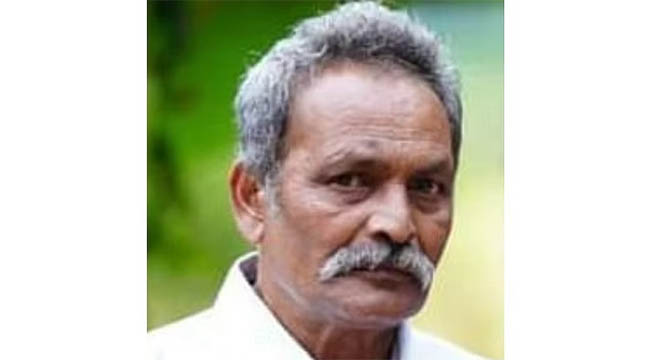As the death toll in the virus-induced fever in north Kerala started mounting, the National Virology Institute in Pune has confirmed that the deceased were infected with Nipah virus (NiV). This is the first time the virus, which has high fatality rate and spreads mainly through bats, pigs and other animals, has been detected in the south Indian state. Here’s all you need to know about the virus:
What is Nipah virus (NiV)?
Nipah virus (NiV) infection is a newly-emerging zoonosis (a disease which can be transmitted to humans from animals) that causes severe disease in both animals and humans. The natural host of the virus are fruit bats of the Pteropodidae Family, Pteropus genus.
How does it spread?
The viruses jump the species barrier and infect a secondary animal host, transmission takes place through direct contact with infected bats, pigs, or from other NiV-infected people and people have been also cautioned that they should not consume fruits that have fallen on to the ground. Nipah virus can be transmitted to humans after consumption of food contaminated by bat saliva or urine.
Precautions and treatment
Nipah virus infection can be prevented by avoiding exposure to sick pigs and bats in endemic areas and not drinking raw date palm sap and not consuming fruits that have fallen from trees. There is no vaccine for either humans or animals. The primary treatment for human cases is intensive supportive care.
Symptoms of Nipah virus
Nipah virus is associated with encephalitis (inflammation of the brain). After five to 14 days of being exposed to the virus, three to 14 days of fever and headache is observed. Drowsiness, disorientation and mental confusion are some of the common symptoms of the disease.
These symptoms can even lead to coma within 24-48 hours. Some patients even suffer from respiratory illness during the infection. Severe exposure to the virus can even lead to death.
NiV is also capable of causing disease in pigs and other domestic animals. Nipah virus primarily causes an encephalitic syndrome with a high mortality rate. The characteristic MRI abnormalities are multiple, small (less than 5 mm), asymmetric focal lesions in the subcortical and deep white matter without surrounding edema.
History
NiV was first identified during an outbreak of at Kampung Sungai Nipah village in Malaysia in 1998. (The virus is named after the same village) On this occasion, pigs were the intermediate hosts. However, in subsequent NiV outbreaks, there were no intermediate hosts. In Bangladesh in 2004, humans became infected with NiV as a result of consuming date palm sap that had been contaminated by infected fruit bats.
Between 1998 and 2008, the virus claimed the lives of over 300 people across Malaysia, Singapore, Bangladesh, and India, according to the WHO. In some cases, human-to-human transmission was also recorded, implying that health care workers could be at risk.
Also Read: Panic spreads in Karnataka too as Nipah death toll mounts in Kerala







Comments
Add new comment